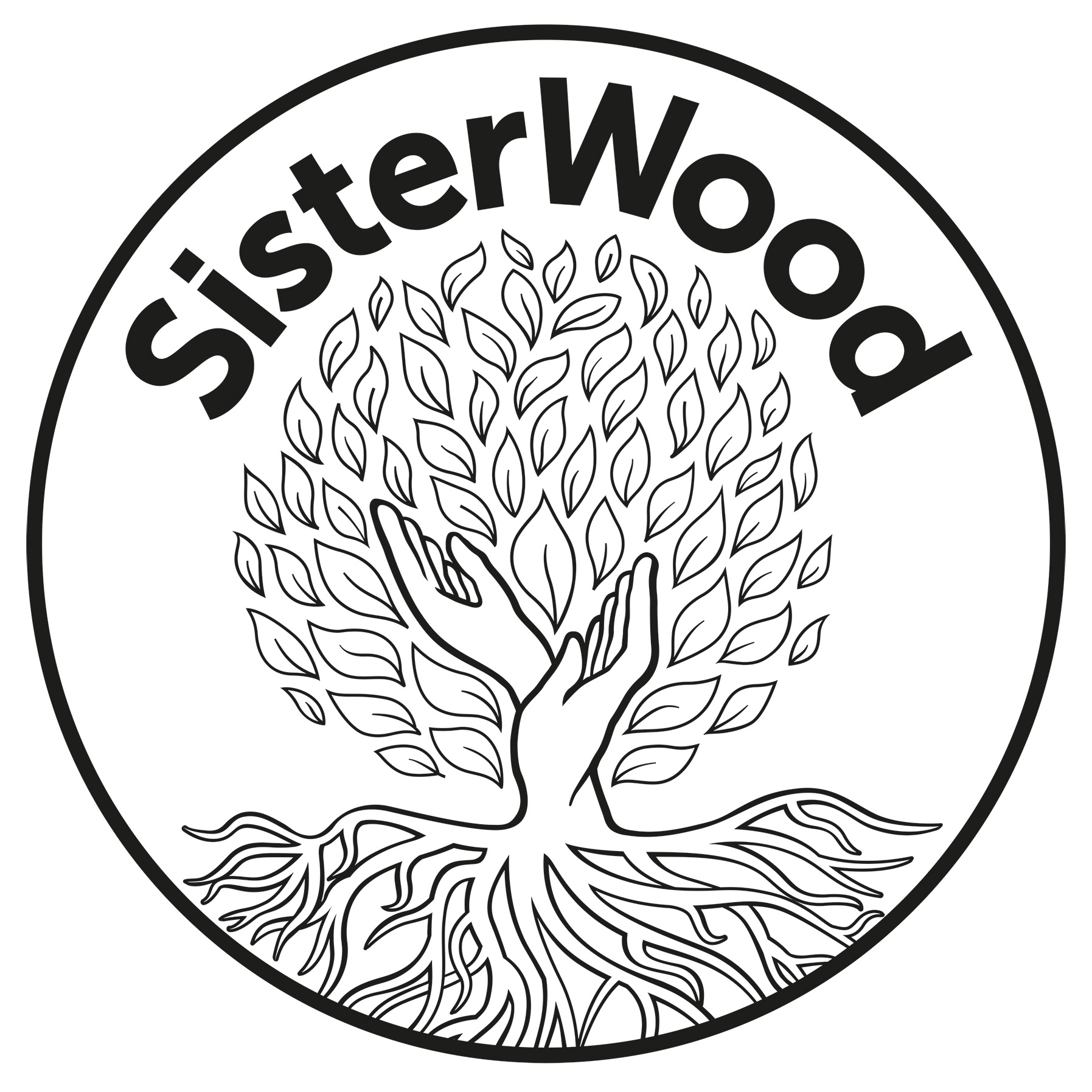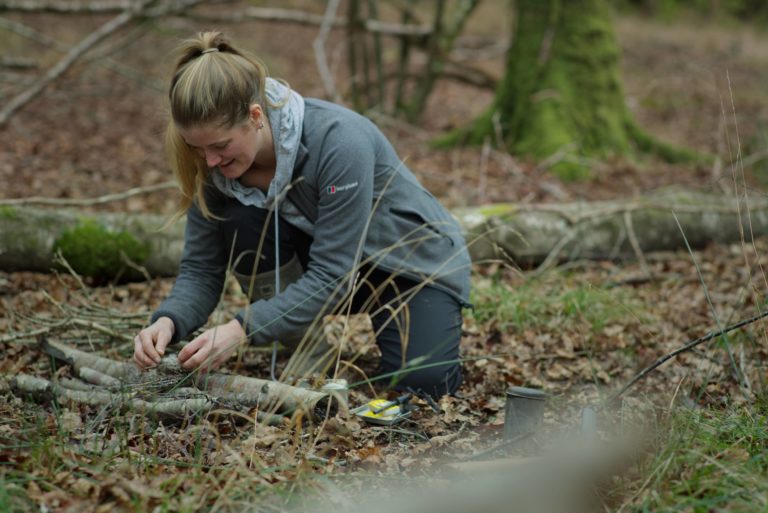Mental Health Awareness week and shifting perspectives
It’s mental health awareness week and Alan Sugar has been in the news, labelled as out of touch for criticising colleagues for taking Friday afternoons off during the summer. This strikes me as symbolic of the changing times, an awareness that the pandemic has brought home so strongly for so many people: that for our society to flourish and grow, we each need to check our priorities.
For me, I believe this means prioritising our mental health. When the first lockdown hit, flung into a world of unknowns, I created a daily work schedule that put things like doing yoga outside, going for walks in nature, reading and meditating at the front. This was the way I began my day, how I took breaks between long stretches behind the laptop and how I rounded my day off.
I put looking after myself first, so when things really spiralled in the practical sense – when my relationship crumbled under the strain of long distance and isolation; when I had to move out of my shared house in fear from another tenant’s increasingly aggressive behaviour; when the housing crises hit home with rentals being snapped up faster than anyone had ever experienced before – I had some solid ground beneath me.
These coping mechanisms were things that I learnt through years of travel after I’d finished my education: time spent at The Mindfulness Project in Thailand, silent meditation retreats in Buddhist monasteries and yoga teacher training in India to name but a few illuminating experiences. These were skills I picked up along the way in the freedom of my adult years, but if this had all happened when I was 14, the story today would be very different.
SisterWood was born to pass on these skills and show young people that they too are capable of forming a strong foundation to fall back on in times of crises. We’re stronger than we know – as a wise friend once told me, it’s when we think we’re drowning that we discover just how strong a swimmer we are.
But we can’t do it alone. We need communities around us that recognise what we need to grow, kind people who can point out a different perspective, and those that understand and support us to work through the challenges and make it to the other side.
Gone are the days when ‘mental health’ was a term that implied insanity and instability. And gone is the society that feared those who led their lives differently.
Today we’re welcoming in a new way of being, a kinder way, putting first the things that make the world a welcoming place to be, where we look out for each other, make time to spend with the people we love and value thinking that comes from a new angle.
Because our young people cannot thrive in a world that doesn’t.



